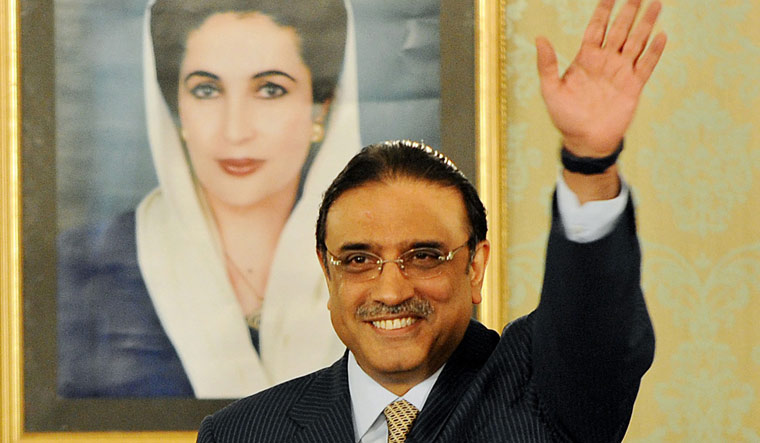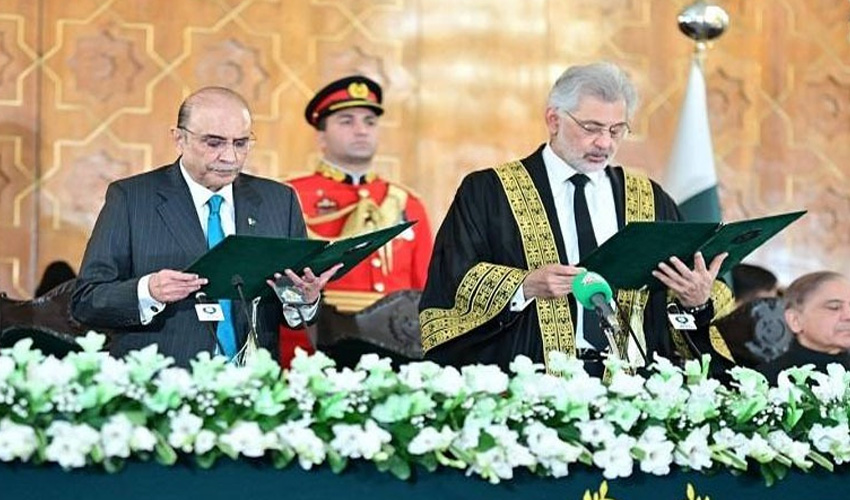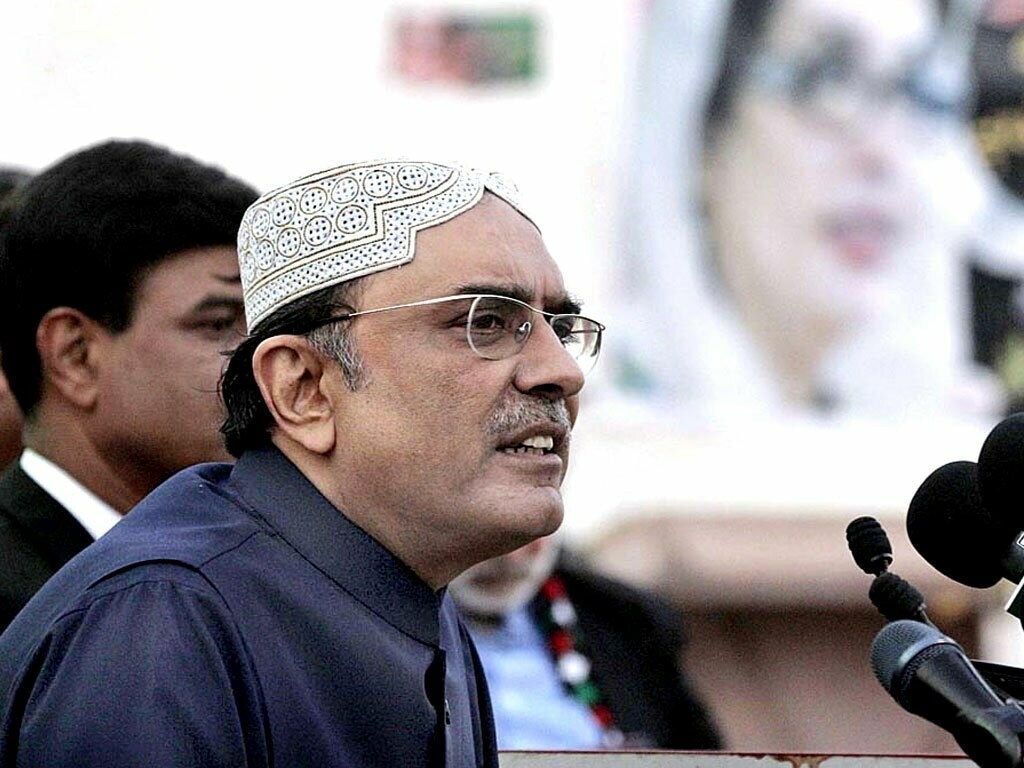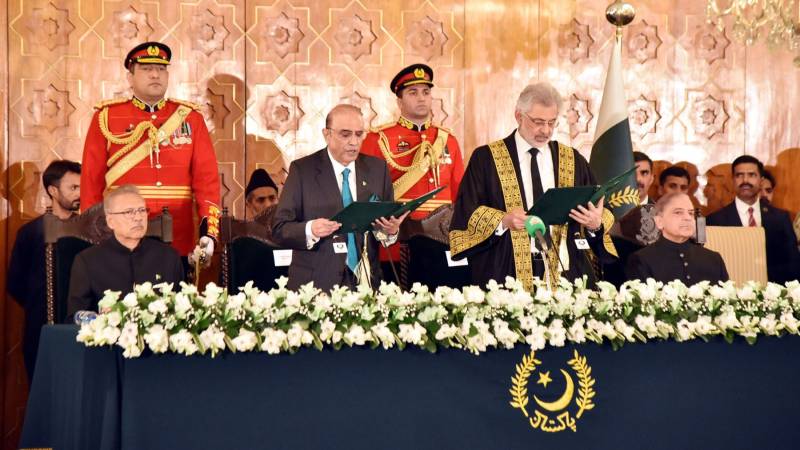Introduction:
In the ever-evolving landscape of Pakistani politics, the election of Asif Ali Zardari as the 14th President stands as a watershed moment. With a legacy deeply intertwined with the country’s tumultuous history, Zardari’s ascent to the highest office marks a pivotal juncture in Pakistan’s democratic journey. This blog delves into the intricacies of Zardari’s election, its implications for the nation, and the challenges and opportunities that lie ahead.

A Political Journey:
Asif Ali Zardari’s trajectory to the presidency is emblematic of the complex interplay of power, intrigue, and resilience that characterizes Pakistani politics. Emerging from a prominent political family and propelled by his marriage to the iconic Benazir Bhutto, Zardari’s political career has been marked by highs and lows, victories and controversies.
His election as President represents the culmination of decades spent navigating the labyrinthine corridors of power, weathering accusations, and demonstrating a knack for strategic maneuvering. For Zardari, assuming the presidency is not just a personal triumph but a testament to his enduring influence and political acumen.
The Electoral Process:
The election of Pakistan’s President is a multi-stage process, involving members of the National Assembly, the Senate, and the four provincial assemblies. In a closely watched contest, Asif Ali Zardari emerged victorious, securing a majority of the votes cast by the electoral college.
His election was not without its share of scrutiny and skepticism, with critics questioning the transparency of the process and raising concerns about the influence of dynastic politics. Nevertheless, Zardari’s supporters hailed his victory as a triumph of democracy, reflecting the will of the people and the strength of Pakistan’s electoral institutions.

Challenges and Expectations:
As President, Asif Ali Zardari inherits a nation grappling with a myriad of challenges, ranging from economic instability and security threats to institutional inefficiencies and socio-political tensions. His presidency comes at a critical juncture, amidst calls for reform, renewal, and national unity.
Zardari’s supporters are hopeful that his leadership will usher in an era of stability, progress, and inclusive governance. They look to him to tackle corruption, revitalize the economy, and strengthen democratic institutions. However, skeptics remain wary, citing his checkered past and the daunting complexities of Pakistani politics.

A Vision for the Future:
In his inaugural address, President Zardari outlined a vision for a prosperous, peaceful, and progressive Pakistan. Emphasizing the importance of national unity and consensus-building, he pledged to prioritize the welfare of the people, promote social justice, and enhance Pakistan’s stature on the global stage.
His agenda encompasses a wide array of initiatives, from economic reforms and infrastructure development to education, healthcare, and counter-terrorism efforts. Zardari’s presidency, he asserts, will be characterized by pragmatism, inclusivity, and a steadfast commitment to the democratic ideals espoused by Pakistan’s founding fathers.

Conclusion:
As Asif Ali Zardari assumes the presidency, Pakistan stands at a crossroads, poised between promise and peril, hope and uncertainty. His election marks the beginning of a new chapter in the nation’s history, replete with challenges and opportunities.
In the days and months ahead, all eyes will be on President Zardari as he navigates the complexities of governance, seeks to bridge divides, and steers Pakistan towards a brighter, more prosperous future. The journey will be arduous, the obstacles formidable, but with determination, vision, and the support of the people, Zardari is poised to leave an indelible mark on the course of Pakistani politics.



